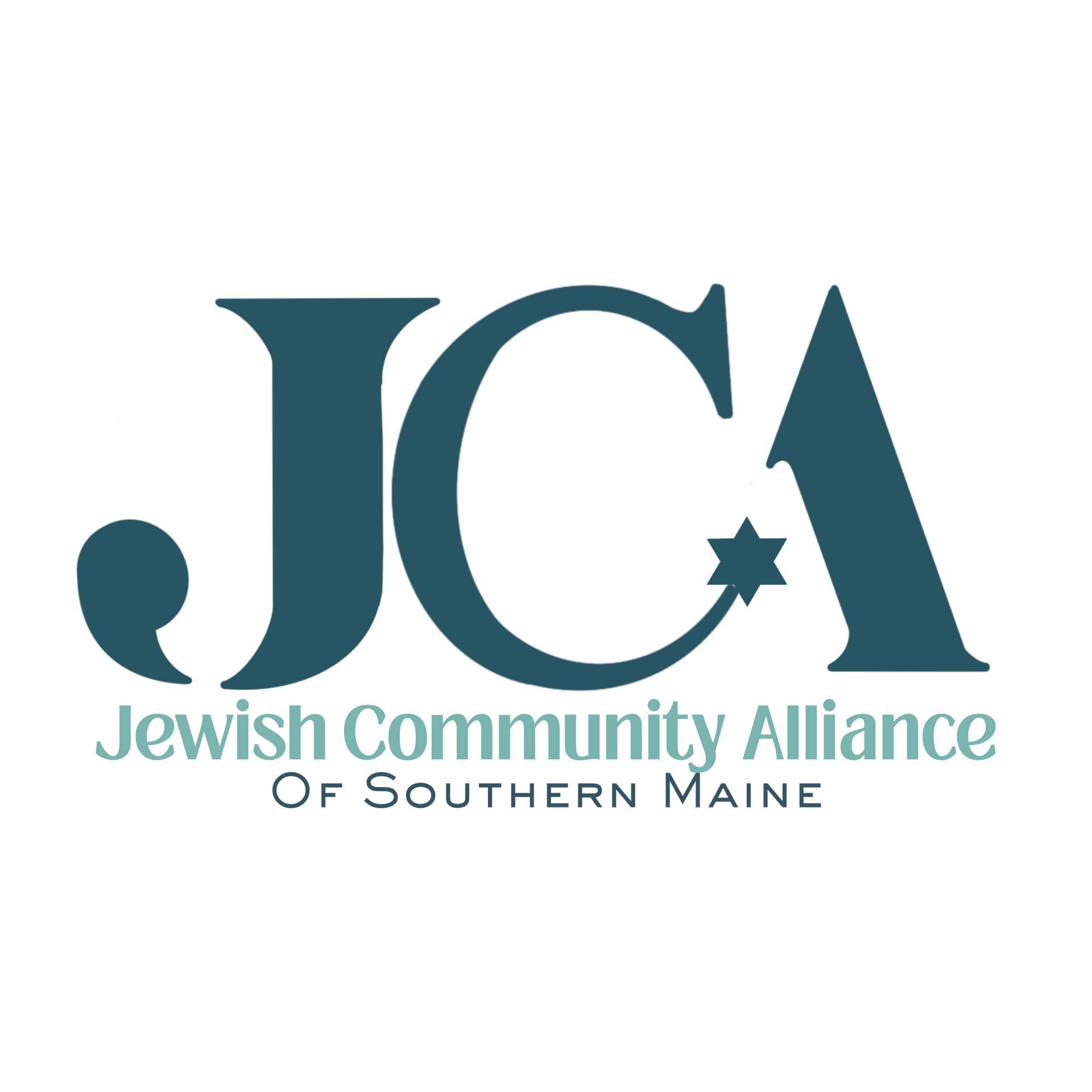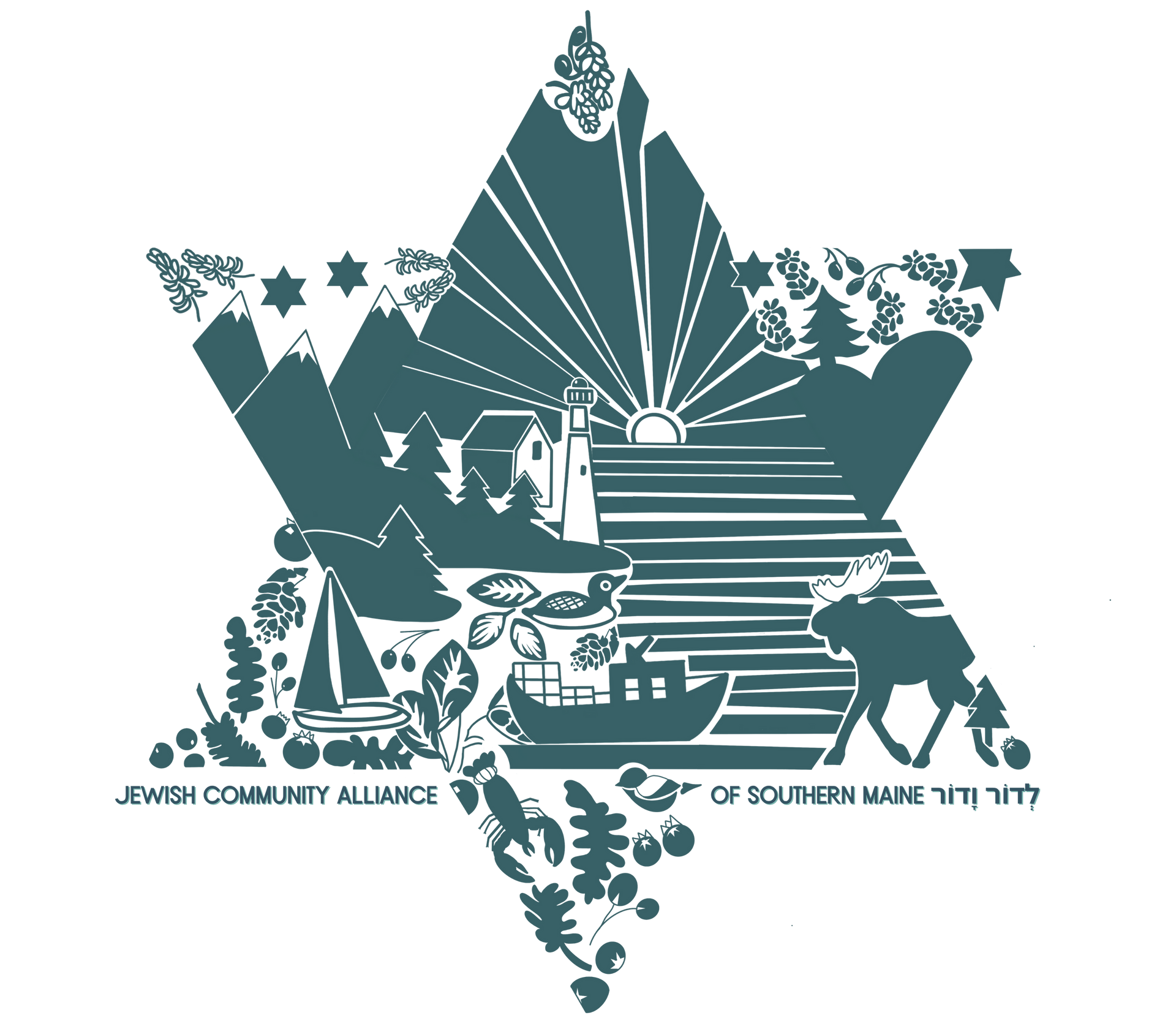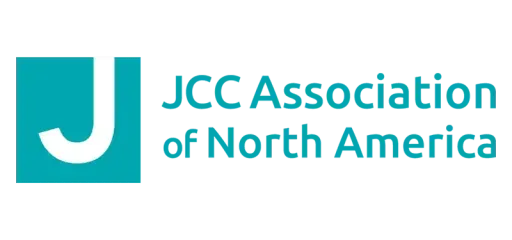JCRC Spotlight: Paul Niyonizigiye
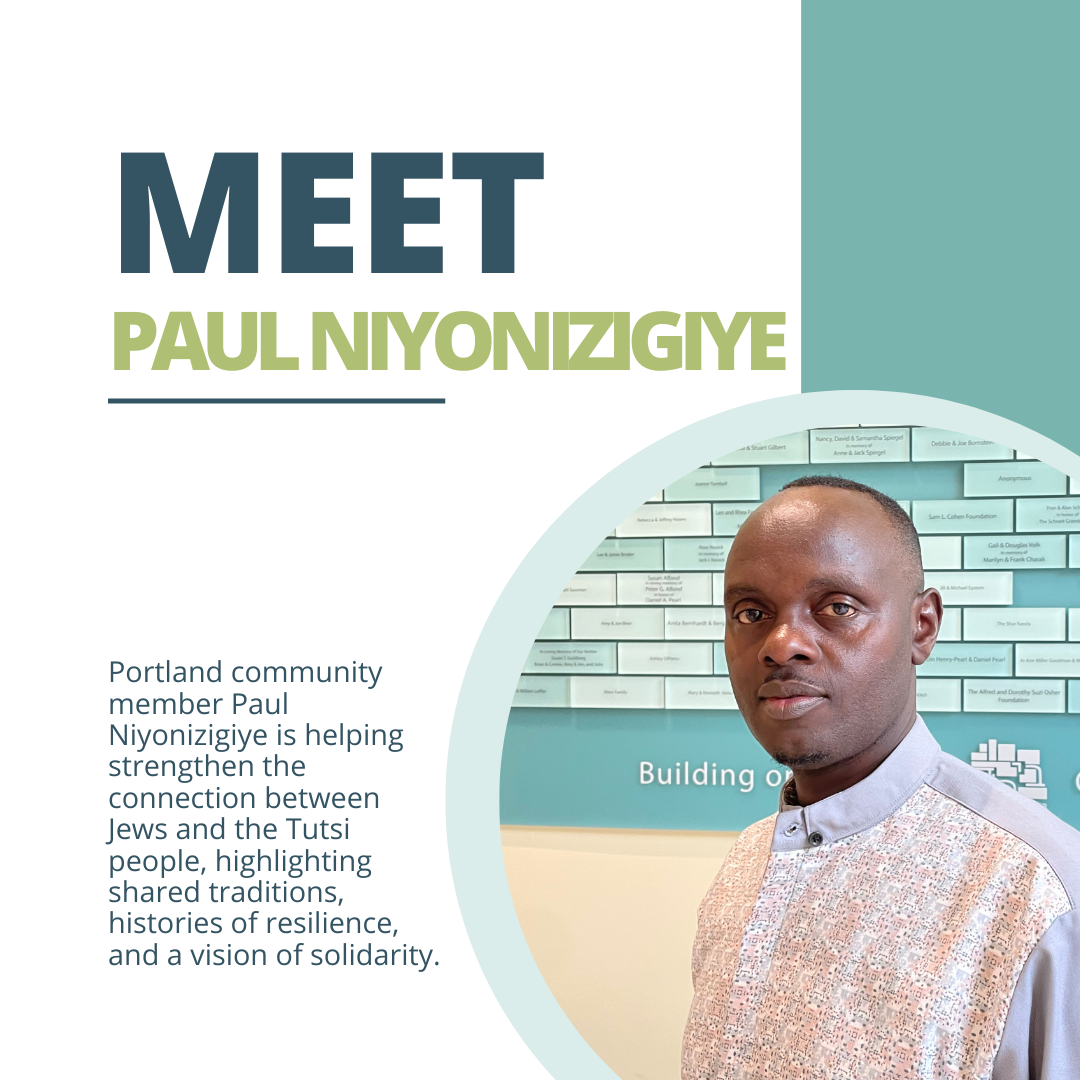
Did you know that there is a connection between Jews and the Tutsi people of Rwanda and Burundi? One member of Portland’s community, Paul Niyonizigiye, who immigrated from Burundi (a country in Africa), is passionately keeping that connection alive.
While Paul’s faith is Unitarian Universalism, he donates regularly to Jewish causes, including the World Jewish Congress and the American Israel Public Affairs Committee, and considers himself both to be an ally of the Jewish people and a supporter of Israel.
“If I see Jewish people in the community, I see my brother or sister, even if I don’t know them,” Paul tells me during a recent visit to the JCA. Tutsi people and Jewish people have many similar customs, including not eating pork or mixing meat and milk, and some historians believe this points to a shared historical origin. Paul himself believes that Tutsis are descended from Ethiopian Jews who settled in the region millennia ago.
But the connection between the Tutsi people and Jewish people doesn’t stop at mysteriously similar traditions or shared ancestry. Our modern histories are marred by tragedy: Tutsis were the primary victims of the Rwandan genocide, where 800,000 people were killed in 100 days. Many Tutsis after the genocide have looked towards Israel, and more broadly Jews, as an example of how to survive a horror and rebuild afterwards. In fact, while the blight of antisemitism spreads again throughout the world, many Rwandans and Tutsis continue to hold a positive perception of Jews, Israel, and the Jewish religion.
We consider Paul a friend of the JCA, and we look forward to continuing to build with him and the Tutsi community in Maine. I interviewed Paul about his connection to the Jewish people, his thoughts on Israel, and his message to our community.
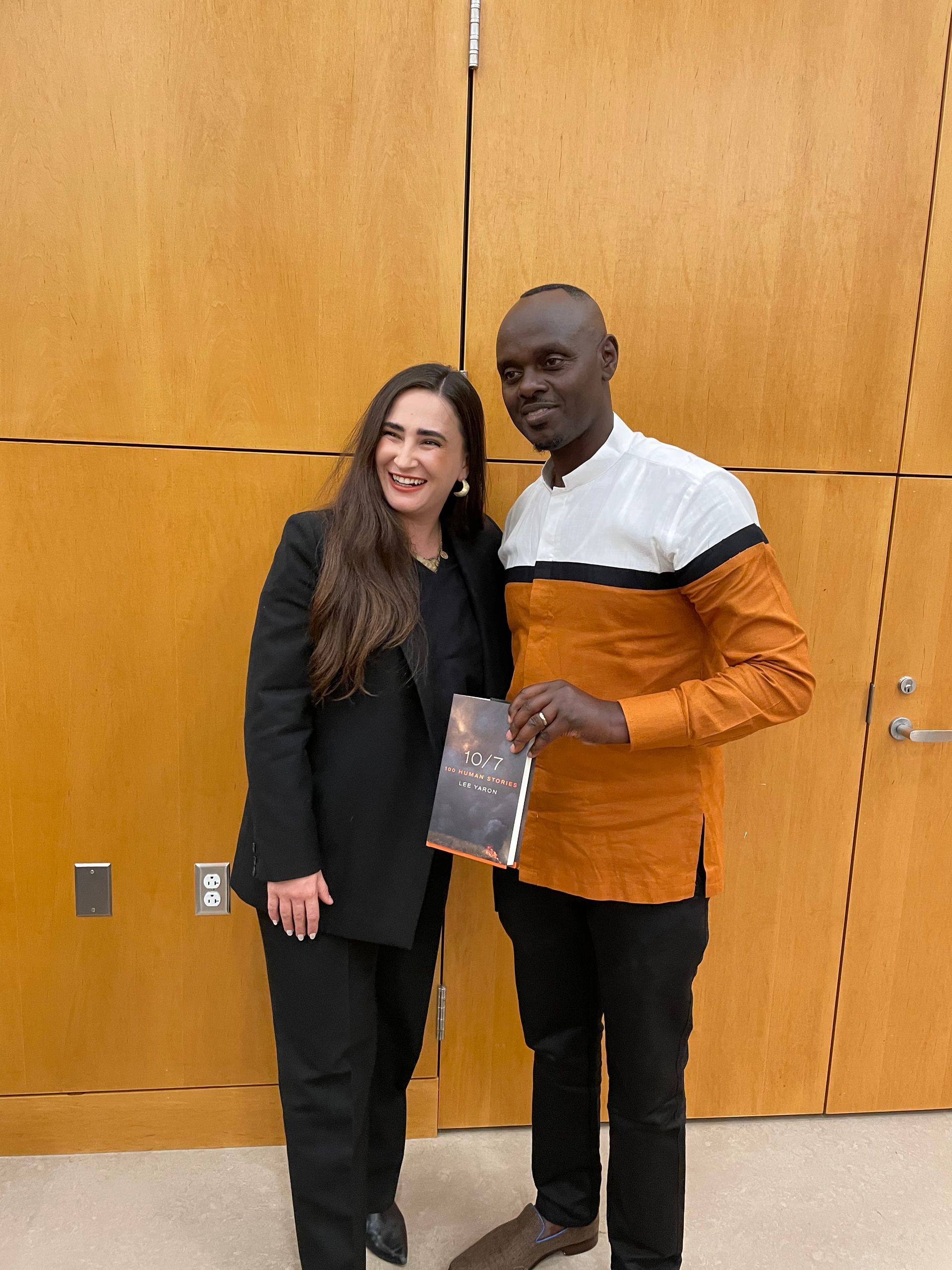
Paul, thanks so much for getting involved in the JCA community. Can you tell us about your connection to the Jewish people?
I knew Jewish people growing up in my home community. The hospital in my community, growing up in Burundi, was supported by Jewish people. I also became friends with a person from Israel when I was growing up, and he told me about the mission and vision of Israel, so I started to read about the history of what happened over there.
Also, I have been trying to learn where our people came from, and I believe that Tutsis may have been descended from Ethiopian Jews. Many Tutsis think we are “Black Jewish.” Our people have many similar values: we like to discuss issues, we support our communities strongly, we don’t eat pork.
Why were the Tutsi people persecuted in Rwanda?
The Tutsi people were persecuted in Rwanda due to a combination of colonial manipulation, ethnic division, and extremist ideology. During the colonial period, especially under Belgian rule, identity cards were introduced to classify people by ethnicity, portraying Tutsis as foreign and superior. After independence, Hutu leaders promoted the idea that Tutsis were outsiders, using propaganda and hate speech to incite violence. These tensions, fueled by decades of discrimination and political manipulation, led to repeated massacres and ultimately the 1994 genocide.
[Those who perpetrated the Rwandan Genocide] proclaimed themselves to be “bantu,” meaning local. They told the Tutsis: “We are proud to be local people, but you Tutsi, you are not from here, you are from far away.” They think we are from the Nile, Egypt, Ethiopia…they even accused the Tutsis of coming from Jewish people. They would kill Tutsis and put a sign over them saying “Go back where you came from.” I know that Tutsis and Jewish people have this in common.
What are your thoughts on modern antisemitism?
We have to teach the countries that are antisemitic that they are following a bad idea. What happened in Israel on October 7 is what can happen in our countries, just like how the genocide happened in Rwanda. We know the history of Israel, we know it has defended itself to survive.
Minority groups like the Tutsis or others, it’s good for us to support Jewish people. I always save a little bit of all the money I get to donate to the Jewish people. Even though I am a Unitarian Universalist, I am also proud to consider myself Black Jewish.
You mentioned cows are very important to Tutsi people. Can you tell us more?
For the Tutsi people, cows, especially those with horns are not merely animals but symbols of our identity, dignity, and social unity.
I know that in Jewish tradition, cows (i.e. the red heifer) also carry deep spiritual and historical meaning. Recognizing this shared symbolism highlights the connection between Tutsi and Jewish cultures.
What would be your message to our community?
My message to the Jewish community would be to not forget where they came from. And I would tell them to support Jews everywhere. I would also tell them to support other communities that get persecuted, and to support Tutsis if they are able to.
JCRC Director’s Note: We very much plan to support the Tutsi community here in Maine, and have been in touch with several Tutsi leaders about joint community initiatives. Stay tuned...
Additional Note: Paul is a friend of the JCA, donates to Jewish causes, and attends JCA events. We also want to support him as a valued community member. Paul has a strong track record of working directly with rural communities to develop sustainable solutions. He is currently seeking consulting or advisory opportunities related to USA-Africa mineral supply chains, particularly with initiatives like MSP, DFC, and USTDA. He has over a decade of experience in logistics audits, ESG implementation, and multilingual stakeholder engagement across East and Central Africa, as well as skills in Community Capacity Building (CCB) and Participatory Planning and Action (PPA) methodologies. Paul his signaled his openness to meet with any member of our community—you can reach him at npaul2006@gmail.com.



